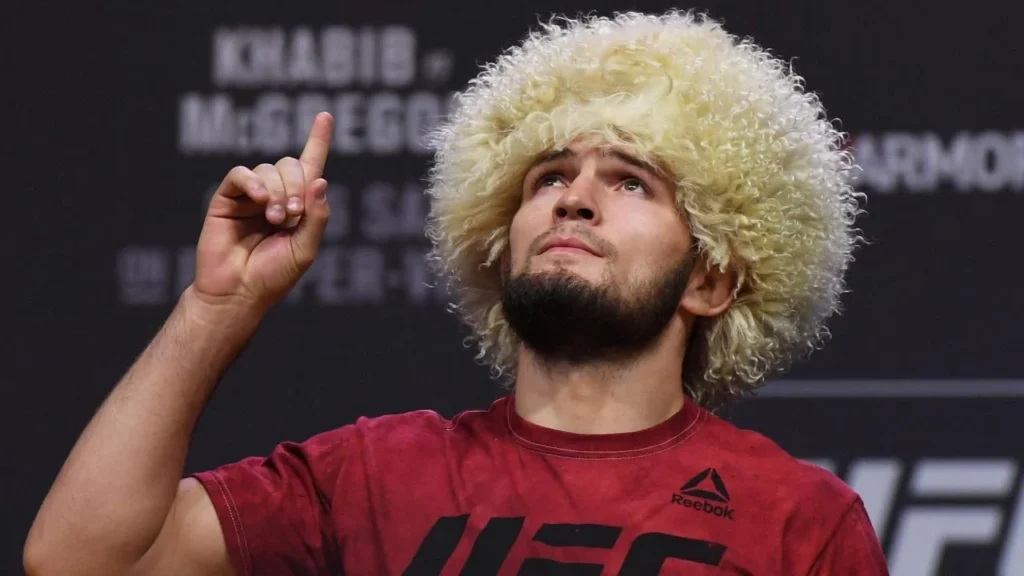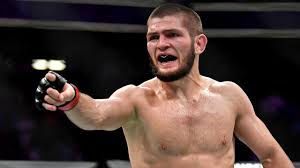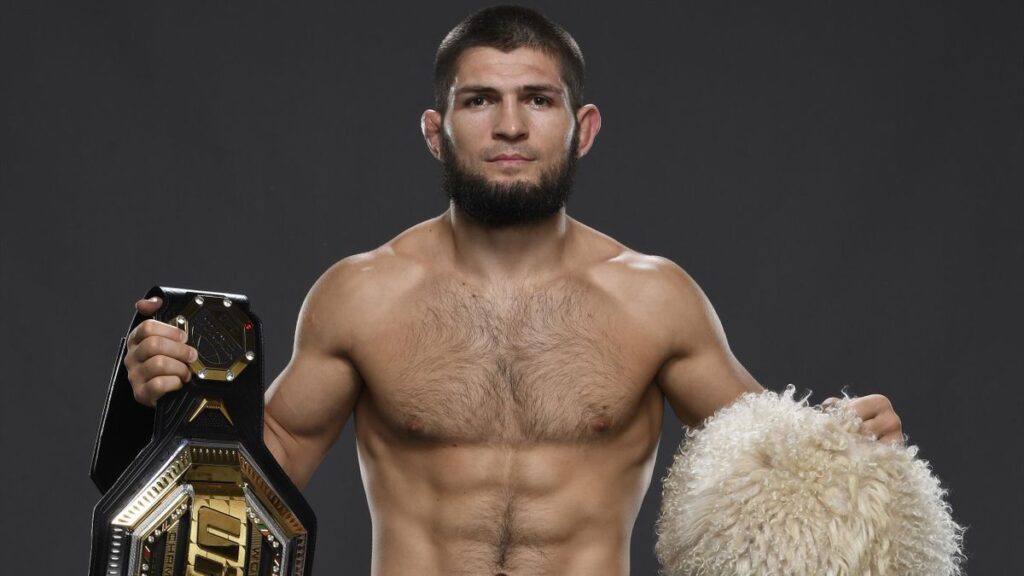Khabib Nurmagomedov Biography: Age, Hometown, and Training Camp Explained

With an undefeated record and a legacy built on discipline and dominance, Khabib Nurmagomedov biography remains one of the most searched topics among MMA enthusiasts. As the first UFC champion to retire without a single loss, Khabib is not only a sports icon but also a role model known for his humble lifestyle and powerful presence inside the octagon. Let’s take a closer look at where he came from, how he rose to fame, and what makes his story one of a kind.
Early Life and Background
Khabib Abdulmanapovich Nurmagomedov was born on September 20, 1988, in the remote mountain village of Sildi, located in Dagestan, Russia. He grew up in a modest household deeply rooted in martial arts culture. His father, Abdulmanap Nurmagomedov, was a decorated Soviet military athlete and a respected wrestling coach, laying the foundation for Khabib’s early training.
From a very young age, Khabib began practicing wrestling, followed by judo and combat sambo. The rugged terrain of Dagestan and the strict discipline of his upbringing contributed significantly to his mental toughness and physical endurance.
MMA Career Beginnings
Khabib made his professional MMA debut in 2008. In just one month, he won four fights—immediately drawing attention with his aggressive wrestling-heavy style. He went on to build a perfect 16-0 record in regional Russian promotions, demonstrating superior grappling, top control, and submission skills.
This early dominance led him to sign with the UFC in 2012, where he began his journey toward global stardom. His debut fight came against Kamal Shalorus, which he won via third-round submission—marking the beginning of an undefeated run in the world’s top MMA organization.

Khabib Nurmagomedov Biography, UFC Rise and Championship Reign
Khabib’s path in the UFC was nothing short of legendary. Known for suffocating his opponents with relentless pressure, powerful takedowns, and positional control, he was considered a nightmare matchup for nearly every fighter in the lightweight division.
His defining moment came in 2018, when he defeated Al Iaquinta at UFC 223 to become the UFC Lightweight Champion. He defended this title three times:
- vs. Conor McGregor (UFC 229): Khabib submitted McGregor in Round 4 in the most-watched fight in UFC history.
- vs. Dustin Poirier (UFC 242): He submitted Poirier in Round 3 with a rear-naked choke.
- vs. Justin Gaethje (UFC 254): In what became his final fight, Khabib won by triangle choke in Round 2.
His final record? 29-0, with no losses or significant damage throughout his career.
Fighting Style and Strengths
Khabib’s fighting style blended traditional combat sambo with elite wrestling and strategic striking. His key strengths included:
- Unmatched top control
- Devastating ground-and-pound
- Fluid transitioning between positions
- Mentally breaking opponents with constant pressure
He rarely relied on striking to finish opponents but effectively used it to set up takedowns. His fight IQ and ability to dictate the pace made him one of the most dominant fighters in MMA history.
Age and Physical Stats
As of 2025, Khabib Nurmagomedov is 37 years old. Although retired, he remains active in the MMA world as a coach, mentor, and business figure.
- Height: 5’10” (178 cm)
- Reach: 70 inches (178 cm)
- Weight Class: Lightweight (155 lbs / 70 kg)
- MMA Record: 29 wins – 0 losses
Training Camp and Team
Throughout his career, Khabib trained under the watchful eye of his father and later at the renowned American Kickboxing Academy (AKA) in San Jose, California. There, he trained alongside legends like Daniel Cormier and Cain Velasquez, under coach Javier Mendez.
He was also deeply involved in Eagles MMA, a team based in Dagestan that was founded by his father and remains a key part of Khabib’s coaching and managerial work today.
Retirement and Legacy
Khabib shocked the MMA world by retiring after his win over Justin Gaethje at UFC 254, citing a promise to his late father. His emotional announcement was met with global admiration, and UFC President Dana White officially recognized him as the undisputed GOAT of the lightweight division.
Post-retirement, Khabib has focused on:
- Coaching elite fighters like Islam Makhachev
- Managing fighters under the Eagle FC promotion
- Mentoring younger athletes in Dagestan and beyond
- Remaining vocal about values like discipline, humility, and family

Khabib Nurmagomedov Biography, Cultural Impact and Inspiration
Beyond his athletic success, Khabib is revered for his personal values, faith, and sportsmanship. He remained alcohol-free, avoided controversial media stunts, and often spoke about the importance of respect and tradition.
For millions—especially in the Muslim world—he represents more than an athlete: he’s a symbol of honor, faith, and resilience. His humble lifestyle despite global fame is a stark contrast to many of his peers, which only elevated his legendary status.
Khabib Nurmagomedov Biography, Unbreakable Legacy
When you ask, “Khabib Nurmagomedov biography?”, you’re not just asking about an MMA fighter. You’re asking about a man who changed the perception of dominance in sport without ever losing, trash-talking, or compromising his beliefs.
Khabib’s legacy goes beyond belts and records—it lives on in the fighters he trains, the fans he inspires, and the principles he embodies. In the world of mixed martial arts, few stories resonate as deeply and widely as that of The Eagle.





